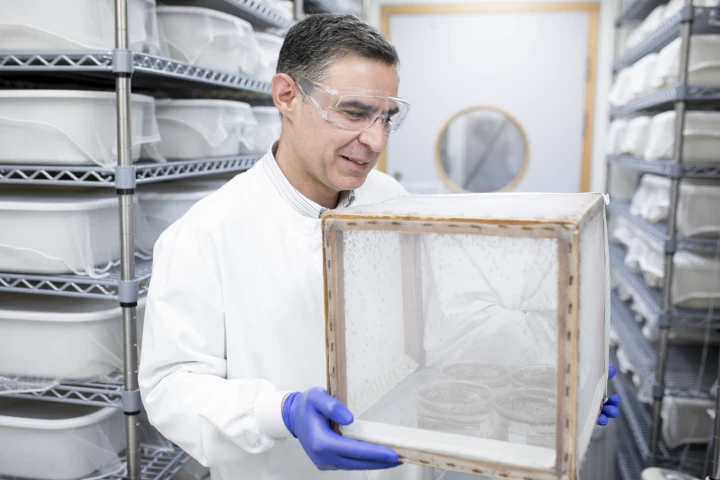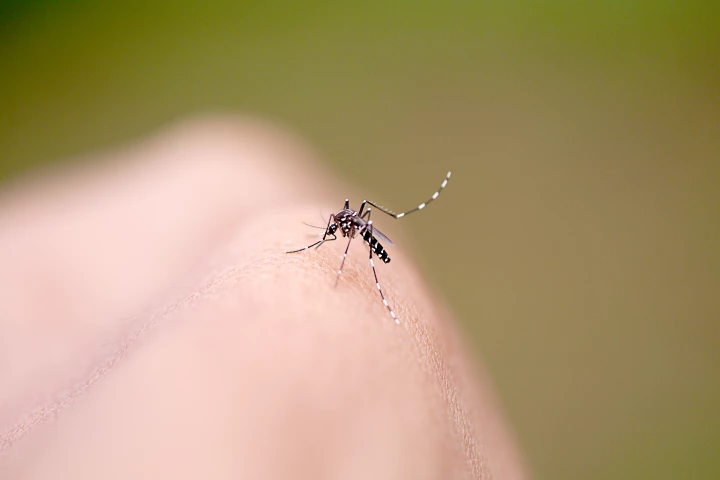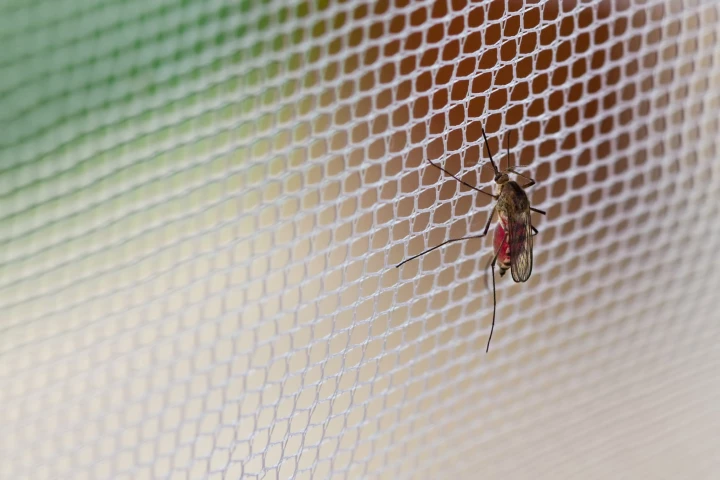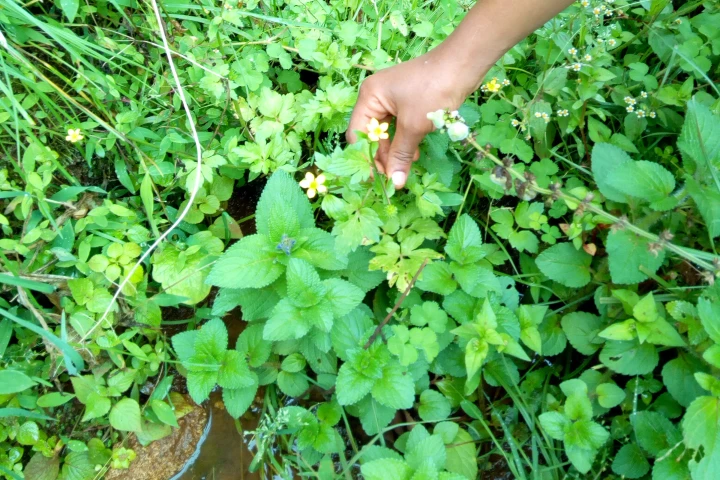Malaria
-
When it comes to keeping mosquitoes from spreading malaria, some approaches involve killing the insects, or stopping them from acquiring malaria parasites. A new method, however, stunts the growth of the parasites once they're in the mosquito's gut.
-
Promising results from a Phase 1 human trial testing a novel monoclonal antibody treatment designed to prevent malaria infection reveal almost every volunteer resisted infection after being deliberately exposed to malaria.
-
Scientists have discovered a highly-promising new weapon that could help counter drug-resistant malaria, demonstrating how a compound can stealthily infiltrate the parasite and causes it to self-destruct.
-
In many regions, insecticide-impregnated bed nets are utilized not just to keep malaria-carrying mosquitoes from biting, but also to kill them. A new study shows that such nets could be much more effective if a different type of chemical were used.
-
For many years now, people in parts of Africa have used a tea made from the leaves of a certain plant to treat malaria. Scientists recently identified the active ingredient, and believe that it could be used in alternative treatments for the disease.
-
Following a successful pilot study encompassing nearly one million children the World Health Organization is now recommending widespread use of the world's first malaria vaccine across all sub-Saharan Africa.
-
BioNTech, the pioneering mRNA company responsible for one of the world’s first COVID-19 vaccines, is now looking to develop an mRNA malaria vaccine. Working with the World Health Organization the company hopes to begin human trials sometime next year.
-
A new technology developed at Imperial College London could give one of our most promising malaria vaccine candidates a huge boost, by streamlining the development process through the use of what are described as "mosquito smoothies."
-
There are already places where homes are built on stilts, to avoid seasonal floods. A new study, however, suggests that doing so may also significantly reduce the risk of being bitten by malaria-carrying mosquitos.
-
New findings are indicating a commonly used herbicide appears to weaken the immune systems of insects. One mosquito experiment suggests the chemical can amplify insect susceptibility to parasitic infection, possibly increasing malaria transmission.
-
Results from a trial testing a new malaria vaccine have revealed an impressive 77 percent efficacy, higher than any prior vaccine trialled. The vaccine is the first to reach a WHO goal of at least 75 percent efficacy and a larger trial is now underway.
-
Researchers at the Burnet Institute have examined the potential to attack malaria infection before it gets to the liver – as soon as it enters the bloodstream from a mosquito bite – and they've identified an important mechanism for vaccines to target.
Load More











